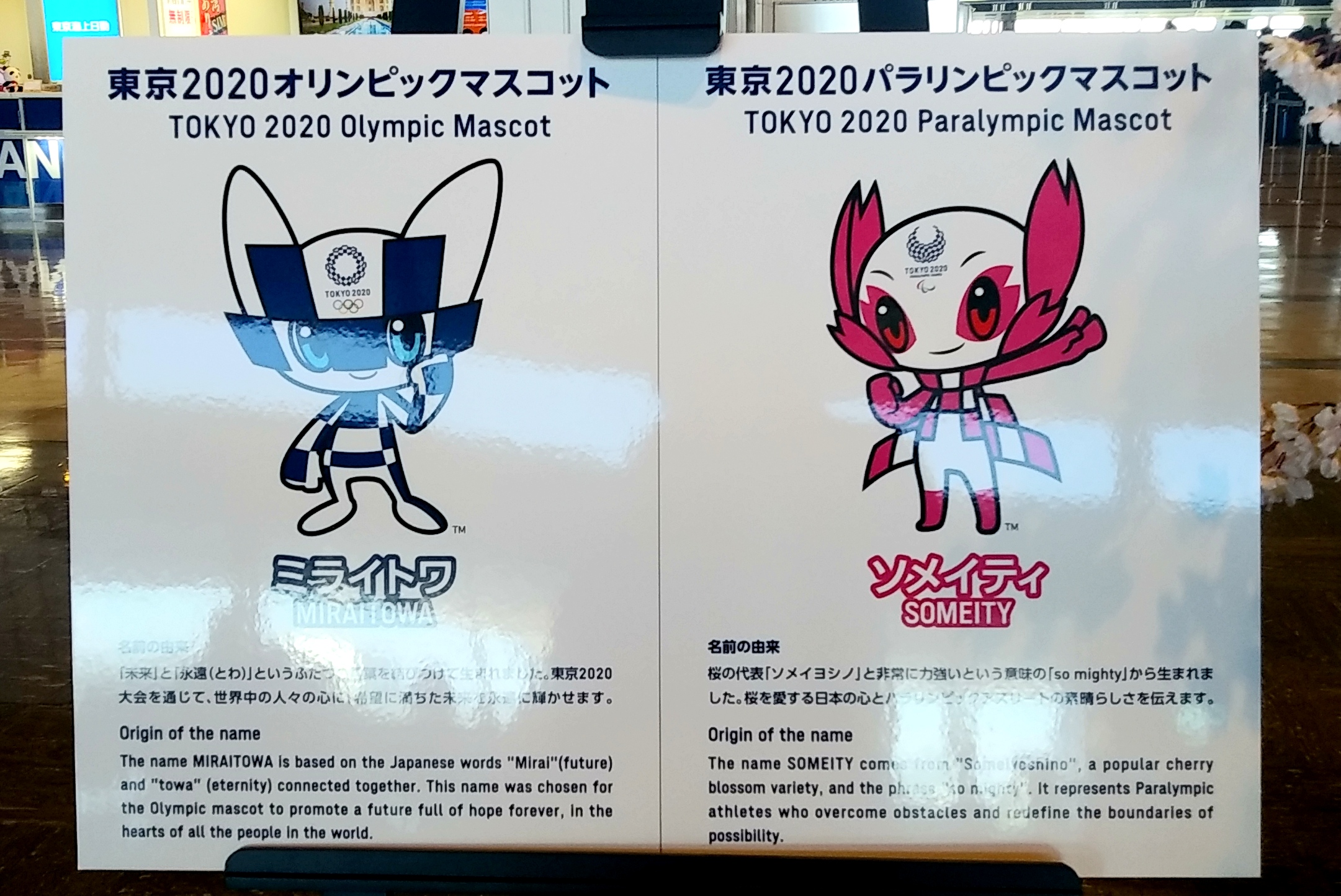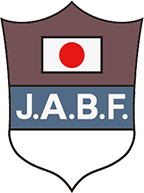多くの国際競技連盟が東京オリンピックの予選を開催できない状況から、IOC(国際オリンピック委員会)は16日、その連盟代表者たちと緊急の電話会議を行い、「大会まで4か月以上あり、現段階ではいかなる思いきった決断も必要ありません。現時点ではどんな推測をすることも非生産的です」と、現在の方針を固めました。IOCは2月中旬から世界保健機関(WHO)、東京2020組織委員会、日本当局、東京都からなる新型コロナウィルスへのタスクフォースも設置しています。
東京オリンピックの実施種目におけるエントリー締め切りは7月6日の中、まだ43%の出場選手が決まっていません。IOCはこの現状について、以下の原則に従って、出場資格を定める原則も提案しました。
1.すでに決まった出場枠は、その選手およびその国の連盟に割り当てられたままとする。
2.各国の選手団が公正に入れる開催地であれば、今後も予定通りに開かれる可能性を残す。
3.残りの出場枠の割り当ては次のようになる。
a)競技結果に基づく(例:国際ランキングや過去の結果)
b)既存の原則を反映させる(例:ランキングの使用、大陸や地域大会の結果など)。
ボクシングではAIBA(国際ボクシング協会)が世界ランキング基準を持っています(公式ウェブサイトでの最終更新は2018年9月)。
出場選手の決定方法が変更される場合は4月上旬までに発表され、東京2020組織委員会の支援を受けることで、競技によって出場選手が増加されることも検討されます。
【声明・原文】
Communique from the International Olympic Committee (IOC) regarding the Olympic Games Tokyo 2020
Preamble
Today, the International Olympic Committee (IOC) continued its consultations with all the stakeholders of the Olympic Games Tokyo 2020. The first took place with the International Olympic Summer Sports Federations. Those with the National Olympic Committees (NOCs), the athletes’ representatives, the International Paralympic Committee (IPC), other International Federations (IFs) and other stakeholders will follow in the coming days.
This communique* sets out the principles established by the IOC Executive Board (EB), together with their implementation in cooperation with all the stakeholders concerned. The IOC will continue to act as a responsible organisation. In this context, the IOC asks all its stakeholders within their own remits to do everything to contribute to the containment of the virus.
Communique
This is an unprecedented situation for the whole world, and our thoughts are with all those affected by this crisis. We are in solidarity with the whole of society to do everything to contain the virus.
The situation around the COVID-19 virus is also impacting the preparations for the Olympic Games Tokyo 2020, and is changing day by day.
The IOC remains fully committed to the Olympic Games Tokyo 2020, and with more than four months to go before the Games there is no need for any drastic decisions at this stage; and any speculation at this moment would be counter-productive.
The IOC encourages all athletes to continue to prepare for the Olympic Games Tokyo 2020 as best they can. We will keep supporting the athletes by consulting with them and their respective NOCs, and by providing them with the latest information and developments, which are accessible for athletes worldwide on the Athlete365 website and via their respective NOCs and IFs.
The IOC has confidence that the many measures being taken by many authorities around the world will help contain the situation of the COVID-19 virus. In this context, the IOC welcomes the support of the G7 leaders as expressed by Japanese Prime Minister Abe Shinzo, who said: “I want to hold the Olympics and Paralympics perfectly, as proof that the human race will conquer the new coronavirus, and I gained support for that from the G-7 leaders.”
We will continue to act in a responsible way and have agreed the following overriding principles about the staging of the Olympic Games Tokyo 2020:
1. To protect the health of everyone involved and to support the containment of the virus.
2. To safeguard the interests of the athletes and of Olympic sport.
The IOC will continue to monitor the situation 24/7. Already in mid-February, a task force was set up consisting of the IOC, the World Health Organization (WHO), the Tokyo 2020 Organising Committee, the Japanese authorities and the Tokyo Metropolitan Government.
The purpose of the task force is to ensure coordinated actions by all stakeholders. It has the mission to keep a constant appraisal of the situation to form the basis for the ongoing operational planning and necessary adaptations. The task force also monitors the implementation of the various actions decided. The IOC will continue to follow the guidance of this task force. The IOC’s decision will not be determined by financial interests, because thanks to its risk management policies and insurance it will in any case be able to continue its operations and accomplish its mission to organise the Olympic Games.
A number of measures have been taken.
The format of all the test events in March and April has been altered to allow for the testing of essential Games elements; the lighting of the Olympic torch in Greece and subsequent elements of the Torch Relay in Japan are being adapted; the entire Games preparation supply chain has been analysed; and alternative plans are in place in the event of anticipated disruption.
At the same time, the topics and issues which were identified by the IOC Coordination Commission for the Games as priorities continue to retain the full attention of Tokyo 2020, the IOC and the Olympic stakeholders. In this respect, work is ongoing for the preparation of athletics road events in Sapporo; heat countermeasures continue to be detailed and refined on a sport-by-sport basis; and transport and crowd movement planning remain a key focus of attention.
Concerning the next meetings, especially the upcoming Coordination Commission visit and various project reviews, adjustments have been made to the agenda and participation. While the activities remain planned on the same dates, the participation in Tokyo will be reduced while ensuring the Coordination Commission members can attend the most important part of the meeting by teleconference. The same will be done for any subsequent visits until further notice.
The day-to-day work between all organisations continues, although on a remote basis.
Currently, all Olympic Movement stakeholders and the athletes face significant challenges around securing the final qualification places for the Games. In some countries, athletes are even finding it hard to continue their regular training schedules. The IOC is reassured by the solidarity and flexibility shown by the athletes, the IFs and the NOCs, that are managing these challenges across a number of sports.
To date, 57 per cent of the athletes are already qualified for the Games. For the remaining 43 per cent of places, the IOC will work with the IFs to make any necessary and practical adaptations to their respective qualification systems for Tokyo 2020, in line with the following principles:
1. All quota places that have already been allocated to date remain allocated to the NOCs and athletes that obtained them.
2. The possibility remains to use existing and scheduled qualification events, wherever these still have fair access for all athletes and teams.
3. All necessary adaptations to qualification systems and all allocation of remaining places will be:
a) based on on-field results (e.g. IF ranking or historical results); and
b) reflect where possible the existing principles of the respective qualification systems (e.g. use of rankings or continental/regional specific event results).
Any increase in athlete quotas will be considered on a case-by-case basis under exceptional circumstances, with the support of the Organising Committee Tokyo 2020.
The IFs will make proposals for any adaptations to their respective qualification systems based on the principles outlined above. The adaptations need to be implemented sport by sport because of the differences between qualification systems. The IOC has already put in place an accelerated procedure to solve this situation. Any necessary revisions to the Tokyo 2020 qualification systems by sport will be published by the beginning of April 2020 and communicated to all stakeholders.
IOC President Thomas Bach said: “The health and well-being of all those involved in the preparations for the Olympic Games Tokyo 2020 is our number-one concern. All measures are being taken to safeguard the safety and interests of athletes, coaches and support teams. We are an Olympic community; we support one another in good times and in difficult times. This Olympic solidarity defines us as a community.”
The President of the Association of Summer Olympic International Federations (ASOIF), Francesco Ricci Bitti, added: “I would like to thank all those involved in the organisation of the Olympic Games Tokyo 2020 and all the athletes and the International Federations for their great flexibility. We share the same approach and the same principles as the IOC, and we are as committed as the IOC to successful Olympic Games Tokyo 2020. We will keep in touch and have further consultations with all stakeholders concerned.”
After its consultations with the IFs, the IOC will follow up with the NOCs and the athletes’ representatives in the coming days.
* This communique was unanimously approved by the IOC EB and all Olympic Summer Sports Federations.

